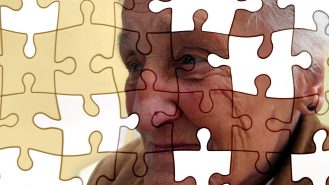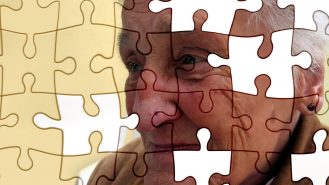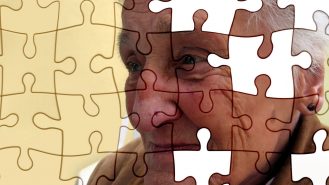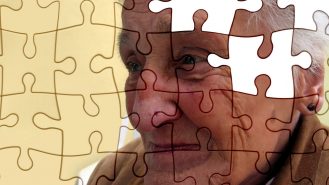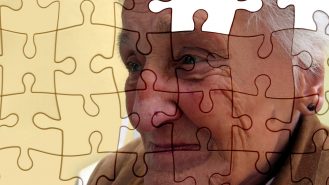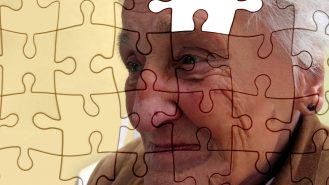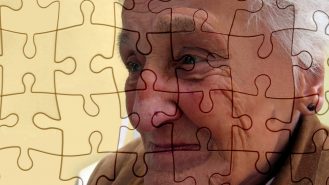Course organiser:Gus Gale
Presenter:Various
25 May:
Dr. Rita Dionisio on 'Geospatial Research Supporting Christchurch’s Recovery'.The post-earthquake recovery of Christchurch, with its many challenges, has provided an unique opportunity to revise urban planning processes through a better integration of the communities’ perspectives about the future of the city. But what tools and methodologies are needed in spatial planning to make sure that Christchurch meets its full potential of such opportunity?
1 Jun:
Dr. Clemens Altaner on 'Establishing a New Forest Industry in NZ with Sustainable, High Value, Durable Eucalypt'.The NZ Dryland Forests Initiative (NZDFI) is focused on delivering sustainable development to our East Coast drylands by diversifying farm income through wood lots, providing chemical free posts for horticulture/vineyards and long term cross-arms for utilities, marinas and urban landscaping.
8 Jun:
Dr. Debra Wilson on 'Neuroscience and Criminal Investigation'.A multi-disciplinary team at UC is investigating the potential use of a technology known as “Brain Fingerprinting” and its potential use in criminal investigations as evidence in criminal trials. Brain Fingerprinting measures the response of a suspect’s brain when he/she is shown information from a crime scene that only someone present at the time of the offending would know.
15 Jun:
Dr. Patrick Shepherd, composer, performer, conductor, educator and UC researcher, on 'Seeing Red or feeling Blue? Or does it just taste Spikey?'He will explain what SYNAETHESIA is, its historical journey from the Greeks to present day and what he has discovered through his personal research. He will also discuss how one stimulation of one sensory pathway in the brain links to automatic involuntary experiences – such as hearing colours, or tasting shapes!!
22 Jun:
Dr. Paul Gardner on 'Digging Deeper into Genomics'.Genomics provide us with powerful, data-intensive tools that are broadly applicable to a range of biological and biology-inspired questions. These applications range from understanding the basics of evolution, measuring selection and adaption, finding genes, new species, improving health, agriculture and conservation outcomes, and more speculative applications such as designing better hard drives and reviving extinct species.
